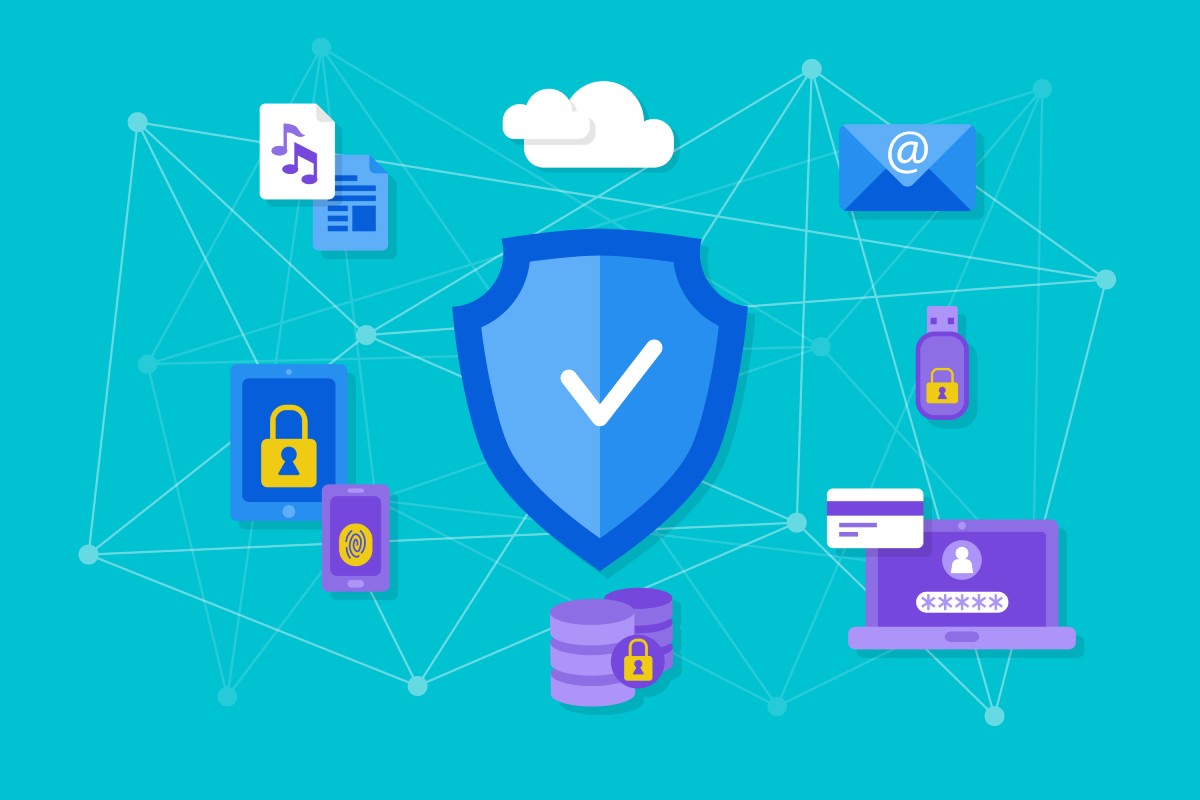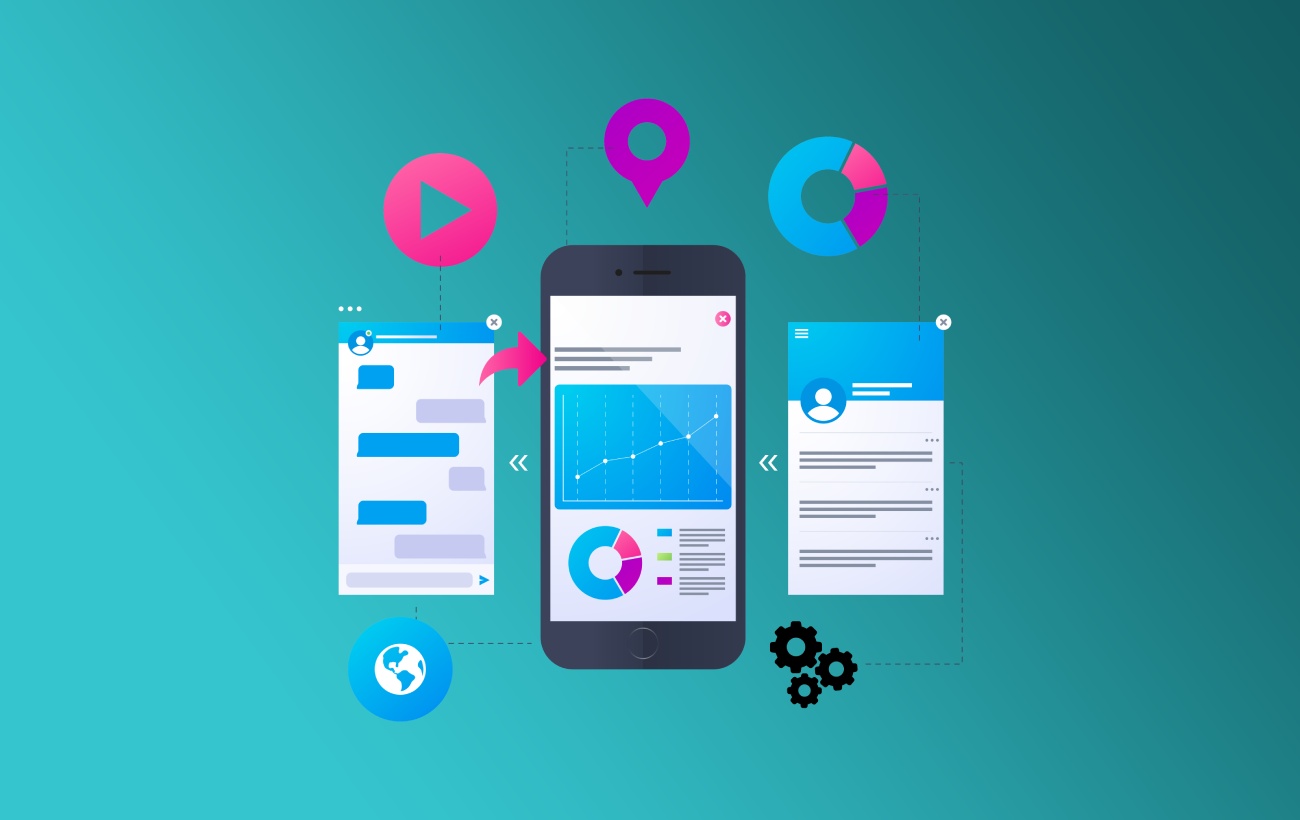Wondering how to choose the right construction schedule software? 🤔
Companies operating in the construction business know how painstakingly difficult it is to complete a construction project on time without exceeding the forecasted budget.
Above all, if you’re working on too complex projects with a huge impact from the social, political, and economic viewpoints, the final success rate can be not what you’re expecting in the beginning.
One of the main reasons for failure is the lack of projects proper planning and scheduling of tasks.
Even a second’s delay could cause companies to lose hefty amounts. Hence, you should plan everything strategically right from the beginning to the end. A perfect solution to all these needs is construction schedule software.
What is a construction schedule software?
A construction scheduling tool is a software package designed to provide complete functionalities of assigning, monitoring, organization, and forecasting tasks and processes involved in a construction project.
Also, constructing scheduling helps managers in managing multiple projects at the same time to ensure every project moves ahead with the decided pace and budget. It is also often referred to as construction project scheduling software.
So how to pick construction schedule software?
If you want to know how to choose the right construction schedule software, there several things to consider. Keep in mind the following essential features in construction schedule software:
Cloud-Based software
Cloud-based software should be the primary feature of any kind of software for it allows access to the database and computing features from any device connected to the Internet to help you work while sitting anywhere.
The convenience of accessing the software from anyplace makes sure the work goes on without any halt. There is no need to install the software in your internal storage as it can be used simply by logging into the cloud.
Cloud-based software systems are generally billed every month based on the features the user is using. All the necessary maintenance and upgrades are done by the provider, thus preventing you from wasting unwanted maintenance costs and effort.
However, if your company is large managing multiple projects together and prefer using a more customized software solution, then on-premise construction software would be an ideal choice. It is installed on the internal servers of the company. However, the upfront fee will be high and added maintenance responsibilities.
Collaboration
Good construction schedule software should facilitate seamless collaboration between the people involved in the project to work together irrespective of their location.
Only with effective communication and collaboration, every progress made in a project can be in sync with each other without any room for confusion.
Only with everyone knowing what progress has been made, what changes have occurred and what additional requirements have been added in the project, you can reach success.
Easy to Adopt Features
There is no point in investing in a software tool with complicated features. It demands extensive training and more time for your staff to be able to adapt to it successfully.
Software, that’s easy to operate and possesses all the requisite features, is no less in this regard. The idea is to make things easy and smooth and not to bother your employees with an additional burden.
Hence, what needs to be focused on is that the user experience of the software should be satisfying. The easy usage of the software will help in increasing output and avoid delays in execution.
Security & Safety

Security and safety is one of the top things to consider on how to choose the right construction schedule software.
No one understands the value of your company’s data more than you.
One shouldn’t overlook the security factor at any cost. In this digitization era, everything runs on the Internet, where the security threats from hackers are maximum.
Whether you’re buying on-premise software or a cloud-based one, it’s crucially essential to learn about all the security features provided with it. Check for all the necessary and up-to-date security protocols, encryptions, and safety measures.
Cloud-based software generally possesses a greater risk of a security breach as they are available in the provider’s cloud platform and there are multiple users of the same software.
The providers also have third-party relations, which provide other services to them.
However, most cloud software providers try to incorporate the best security practices to keep their client’s data safe. The buyer must go through every security clause before making a final decision.
Reporting Dashboard
Why a reporting dashboard is essential?
A reporting dashboard in a construction schedule tool will enable the users to prepare quick reports of the progress of a project to evaluate the performance and identify areas from improvement.
Without a reporting feature, it won’t be possible to track the performance of every task and process.
The reporting dashboard will also help in preparing customized reports for every stakeholder associated with the project to abreast them with up-to-date information on every project. It is a win-win for all.
In-built Timesheets
Another feature one must look for in a construction scheduling software is timesheets. Timesheets are essential for time tracking. Time tracking helps in keeping a check on the time utilized in each task, identify delayed processes and forecast delays in advance.
Without time tracking, it would be near to impossible to stay organized and keep everything going according to decided deadlines. Delays in minutes could even lead to big blunders if not identified and corrected. That is the very purpose of construction schedule software.
Customer Relationship Management (CRM)
Customer relationship management helps businesses in building lasting relationships with customers and retaining them for a long period.
Construction scheduling software should have CRM features embedded in it or should allow integration with your existing CRM software systems.
This feature will enable clients to access the relevant information in the software to know learn about the project’s progress and share their feedback. This creates a sense of loyalty in their minds as the process becomes more transparent.
Mobility

Mobility is an essential feature for it supports the software across all platforms and devices. With this, there is no need to stick to a certain device. You can use it via any device and smartphone irrespective of their workplace.
In addition, employees can prefer to work on their own devices when needed for greater convenience.
Besides computability with every device, you should also at the mobile interface and determine its reliability. Most software, though compatible, does not provide a convenient interface. The next thing to consider is how well it synchronizes with other devices.
Cost Management & Accounting
Select a software system with in-built accounting functionalities. Besides helping with proper budgeting, forecasting, and estimation, it would allow users to monitor their payroll and invoicing functions as well.
The payroll is a repetitive and time-consuming task. With integrated payroll features, your construction schedule software can take care of this task in no time. Also, it can free your employees’ time to dedicate their time and effort to more important works.
Automated invoicing will help you generate invoices with accuracy and send the same to clients directly through the software. This will smoothen the pay cycle and ensure uninterrupted cash inflows.
More tips on how to choose the right construction schedule software
- First of all, try 3-4 alternatives before making the final judgment. Most companies make a mistake of jumping on the very first software they get their hands on. Trying a few alternatives will give you a better understanding of what best suits your needs and requirements.
- Dig out online reviews of the software posted by past or existing users. You cannot decide if the software is good by using it for a while. Reviews posted by past users will throw some light into the effectiveness of its functionalities. If you cannot find it online, try locating a few past clients and try getting their feedback on the same.
- Do not get swayed away by future promises. Most providers try to make a sale by explaining all these interesting features they propose to launch in the future. Focus on what the software has today for it is what that matters in achieving your business goals!
- Most providers price their software based on the features they provide. Try to have an idea about the price factor by identifying which features you would require in your software. Also, consider your business model. It’s important to decide the pricing terms beforehand to have an idea of how financially feasible it will be for you.
- Research about your providers as well to understand how supportive they are to their clients. Similarly, they are the one you run to when you encounter any issues with the software. If they are not helpful and cooperative towards your concerns, you might end up facing a myriad of troubles.
James is the Founder & CEO of GurusWay.com. Majoring in Business and other life-changing sectors, James covers helpful content and shares his experience with the targeted audience.